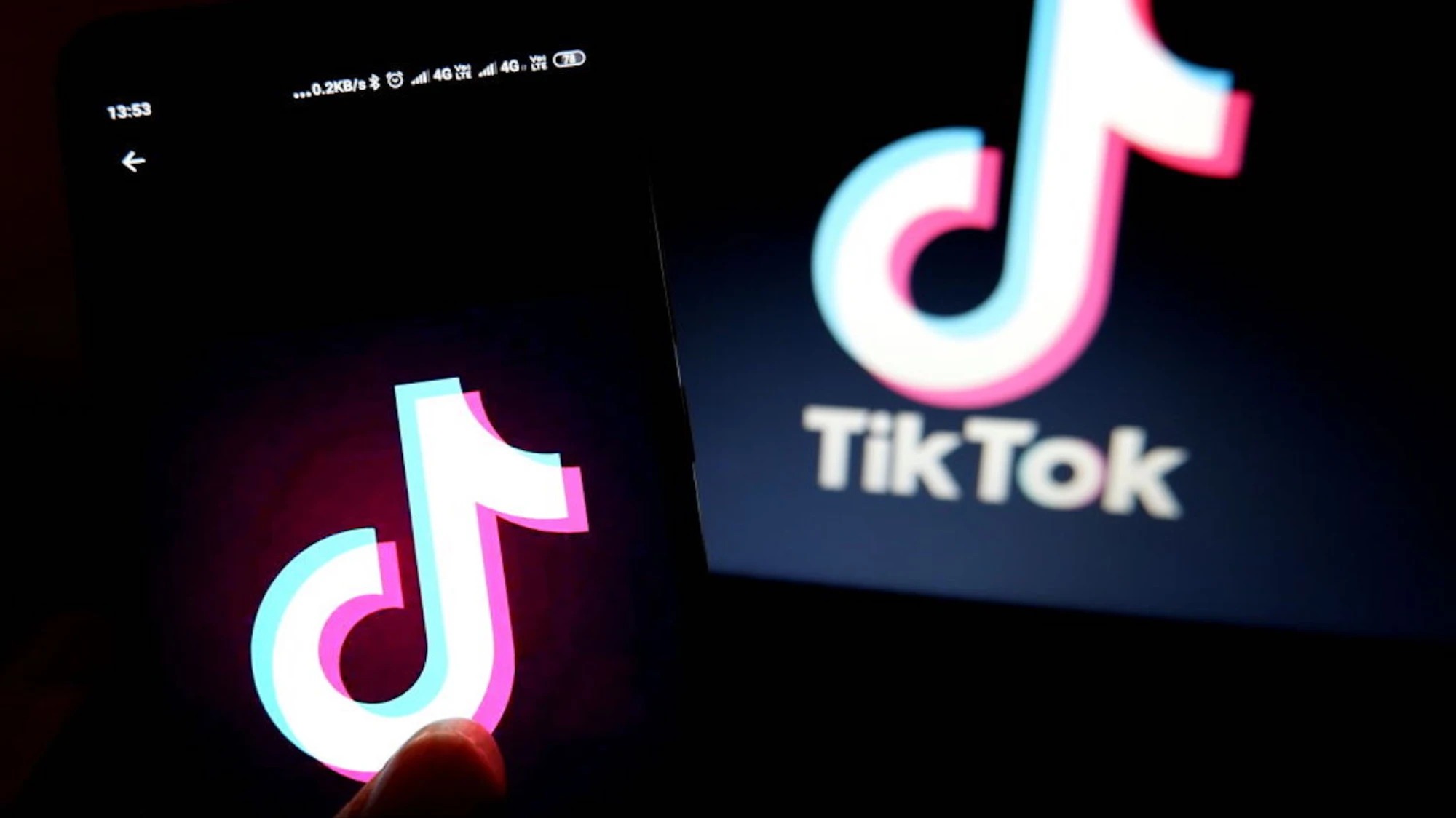TikTok might primarily be a place of purity, but chaos reigns everywhere: especially on platforms where teenagers are allowed to roam free. Over the past year, the video-making hotbed for every new viral dance trend has transformed kids across the world into internet sensations. Less than a year ago, Charli D’Amelio was a regular 14-year-old high schooler from Connecticut. Now she’s the platform’s most followed star (44 million and counting) with brand deals and a soon-to-arrive reality show about her life. Basically: this shit moves quick.
But it’s also highlighted a number of issues that can stem from having a high concentration of young people in one place on the internet, particularly when it comes to predators online. You have to be 13 or older to use TikTok. The platform has 1.5 billion users, and, according to an Ofcom study, it’s estimated that 13% of 12 to 15-year-olds use it.
Which means that there are hundreds of millions of children under the age of 18 currently using TikTok, a platform that’s so fast moving people can barely keep track of it. So to curb any misuse, the app has announced plans to ban instant messaging for those under the age of 16. The update — which will roll out on 30 April and notify all of its affected users beforehand — is, however, a short term answer to a far more complex problem.
As any kid who’s grown up with the internet knows, flouting age verifications is super easy: we’ve all knocked back our year of birth by a few to pass internet censors. What’s needed is some form of proper age verification, but as we all know, passing over our precious details to any authority means we’re open to data harvesting and mass surveillance too. If the porn ban taught us anything, it was that that was the last thing any of us were willing to do.
So what’s the answer then? Well, quite frankly, there isn’t one yet. Teenagers, particularly queer and ostracised ones, still need an outlet to reach out to the kind of peers that aren’t close to them, but there’s also a need for parents to keep a keen eye on their kids online. Still, it’s good to see TikTok taking steps to deter predators from abusing the platform. The only ones who can be properly spoken to are the teenagers themselves: stay safe, be vigilant, and always know who you’re talking to. The internet can be scary, but it’s too great a lifeline for others to risk losing it for you all.
